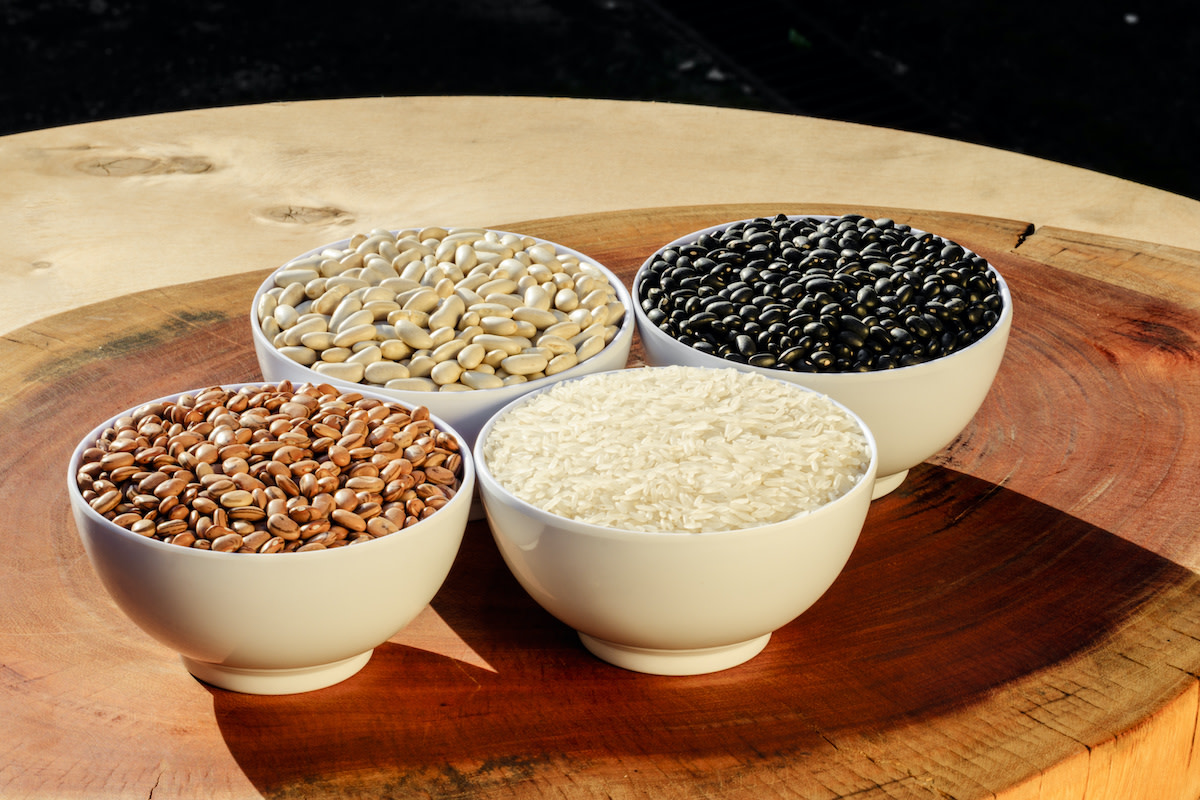Complex Carbohydrates Guide: 4 Common Complex Carbohydrates
Written by MasterClass
Last updated: Jun 22, 2021 • 3 min read
Complex carbohydrates, or polysaccharides, are important nutrients found in foods like whole grain bread and starchy vegetables. Nutritionists consider them a key part of a healthy diet.
Learn From the Best
What Are Complex Carbohydrates?
Complex carbohydrates, or polysaccharides, are the most complicated form of the macronutrient group known as carbohydrates. On a molecular level they are made from chains of sugar molecules called monosaccharides and disaccharides. Both plants and animals use complex carbs to store energy. When it comes time to burn the energy, the complex carbohydrates are converted to simple sugars for easy access.
Complex carbohydrates play a key role in healthy diets. These types of carbohydrates can be found in many healthy foods including starchy vegetables, legumes (like black beans, chickpeas, and lentils), and seeds like quinoa. They are prevalent in whole grains such as bulgur, buckwheat, brown rice, and whole-wheat bread. Complex carbs are also found in refined grains including white rice, white flour, and white bread. Many complex carbohydrates contain useful dietary fiber, which is a key part of healthy eating. Consult nutrition labels for precise grams of fiber in a serving of these foods.
Complex Carbohydrates vs. Simple Carbohydrates: What’s the Difference?
Complex carbohydrates are formed from chains of simple carbohydrates. Simple carbs are either monosaccharides (single sugar molecules) or disaccharides (two sugar molecules). Simple carbs appear in fruit, fruit juice, sweet potatoes, and veggies like beets. They provide a readily available source of energy.
Many processed foods contain simple carbohydrates in the form of added sugars, often high fructose corn syrup or table sugar. These added sugars are, on a molecular level, the same simple sugars that naturally occur in foods, but dietitians warn against eating them in large quantities. They can spike blood glucose levels (also known as blood sugar levels), which can lead to type 2 diabetes and heart disease over time.
4 Common Complex Carbohydrates
Plants and animals produce complex carbohydrates to store energy. These complex carbs take several common forms.
- 1. Glycogen: Glycogen is made of long chains of glucose. It is the primary polysaccharide in animals, and it is also commonly found in fungi and bacteria.
- 2. Starch: Starch is the plant equivalent of glycogen. It also consists of long chains of glucose. Many types of plants produce starch, but it is especially prevalent in green, leafy plants.
- 3. Cellulose: Cellulose is a type of complex carbohydrate that gives plants their structure via their cell walls. Wood trunks and plant stalks are primarily made of cellulose. Many vegetables contain ample cellulose, which gives them their signature crunch.
- 4. Chitin: Chitin is a polysaccharide produced by insects, crustaceans, and fungi that gives them their structure. Fungal cell walls are made of chitin, much in the same way plant cell walls are made of cellulose.
6 Common Simple Carbohydrates
The most common sugar molecules and compounds—called monosaccharides and disaccharides—qualify as simple carbohydrates.
- 1. Glucose: Glucose is the most commonly available monosaccharide and is frequently produced by plants as a product of photosynthesis. Some forms of glucose are called dextrose.
- 2. Galactose: A monosaccharide with similar properties as glucose, galactose is not as abundant in nature.
- 3. Fructose: Fructose is a simple carbohydrate produced by fruit. It is sometimes called levulose.
- 4. Sucrose: Sucrose is a disaccharide made from one molecule of glucose and one molecule of fructose.
- 5. Maltose: Maltose is a disaccharide made from two molecules of glucose.
- 6. Lactose: Lactose is a disaccharide found in dairy products. It contains one molecule of glucose and one molecule of galactose.
Want to Dive Deeper Into Your Wellness Journey?
Throw on some athleisure, fire up a MasterClass Annual Membership, and get ready to sweat it out with exclusive instructional videos from Nike Master Trainer and GQ fitness specialist Joe Holder. Want to improve your cardiovascular endurance? Give Joe’s HIIT workout a go. Trying to get a little swole? He’s got a strength training workout for that. From fitness tips to nutrition hacks, Joe will have you feeling healthier in no time.
